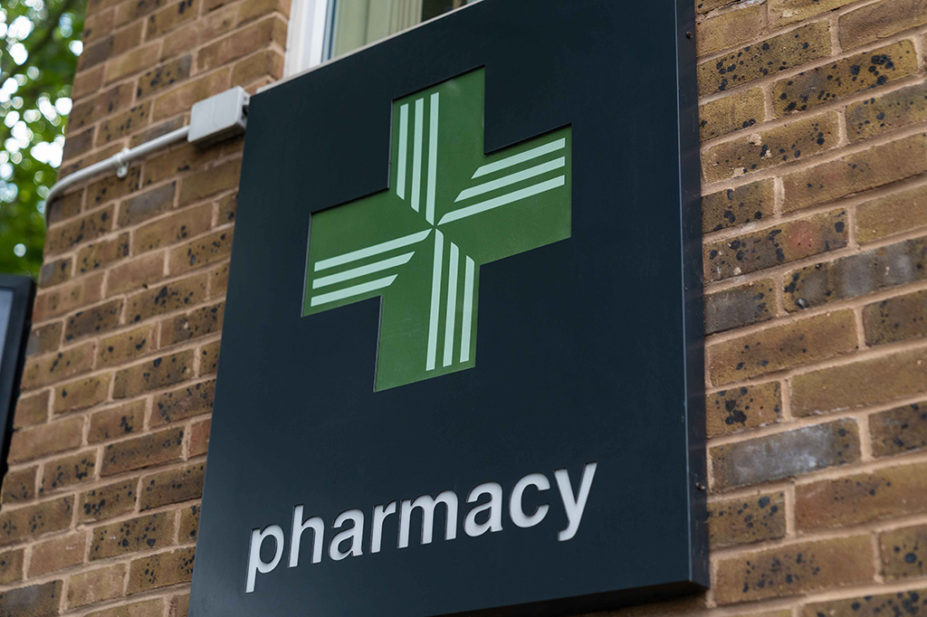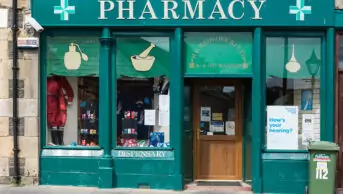
Shutterstock.com
Community pharmacies in England have lost £1.6bn in funding since 2015/2016, owing to increases in inflation, government figures have revealed.
In December 2016, the government announced plans to cut pharmacy funding by £208m over two years, from £2.8bn in 2015/2016 to £2.592bn in 2017/2018.
However, figures published by the government, in answer to a written question on 4 January 2023, show that inflationary pressures since 2015/2016 have resulted in a cumulative loss of £1.6bn over the seven years since (see Table).
The figures, provided by Will Quince, health minister, came in response to a written question from Feryal Clark, a shadow health minister and Labour MP for Enfield North, who asked for the amount of funding the Department of Health and Social Care “has provided to community pharmacies through the Community Pharmacy Contractual Framework in real terms accounting for inflation in each year since 2016”.
In his written answer, Quince said that the pharmacy contract agreement for 2022/2023 and 2023/2024 “provides a non-recurrent additional investment of £100m in these years”.
“Community pharmacies also received funding for the provision of other services, including flu and COVID-19 vaccinations and services commissioned locally by NHS England and local authorities,” he added.
In October 2022, a similar question from Helen Morgan, Liberal Democrat MP for North Shropshire, revealed that community pharmacies in England have seen a real-terms funding cut of £790m over the previous five years, during which time “nominal funding” had remained frozen at £2.592bn.
In a report published in September 2022, the National Pharmacy Association warned that high inflation could see “several thousand English community pharmacies” close without additional government funding.
Commenting on the government’s figures, the Company Chemists’ Association (CCA) noted that “if the value of the pharmacy contract increased in line with GDP [gross domestic product], it would be worth more than £3.3bn per year”.
“Therefore, there is a current shortfall of more than £750m per year,” the CCA said. “This equates to more than £67,000 per pharmacy — money that could be invested in frontline pharmacy staff, allowing pharmacies to provide even more vital patient-facing care.”
Malcolm Harrison, chief executive of the CCA, said: “This is yet further confirmation that the funding model for pharmacy in England is truly broken.
“Unfortunately, the government and the NHS expect pharmacy teams to do more and more without the funding the sector needs; this cannot continue. Without immediate investment, we will see the continued erosion of the service pharmacies can provide.”
Claire Anderson, president of the Royal Pharmaceutical Society, said the contribution of community pharmacists and their teams during the COVID-19 pandemic “must now be recognised with appropriate funding and investment”.
“Pharmacy contractors cannot be expected to deliver more clinical services against a backdrop of increasing prescription volume with a reduction in real-term funding. Adequate funding is essential to allow the sector to invest to continue to deliver high quality care for the benefits of patients and the wider NHS.”
- This article was updated on 9 January 2023 to include a comment from Claire Anderson, president of the Royal Pharmaceutical Society


